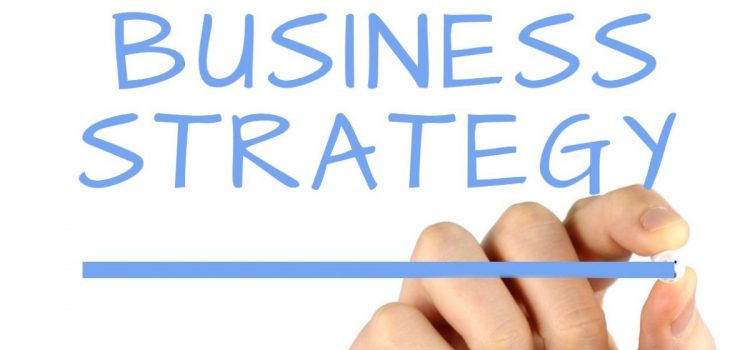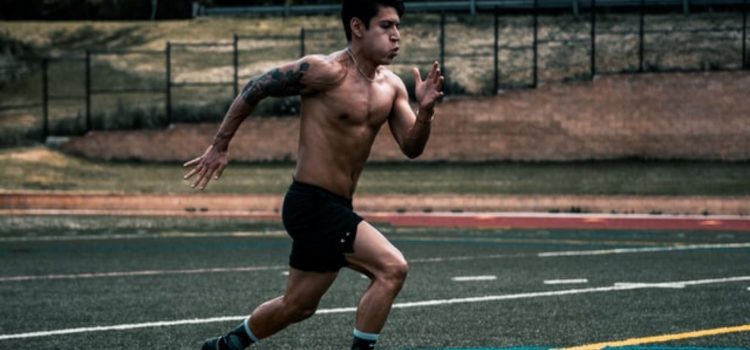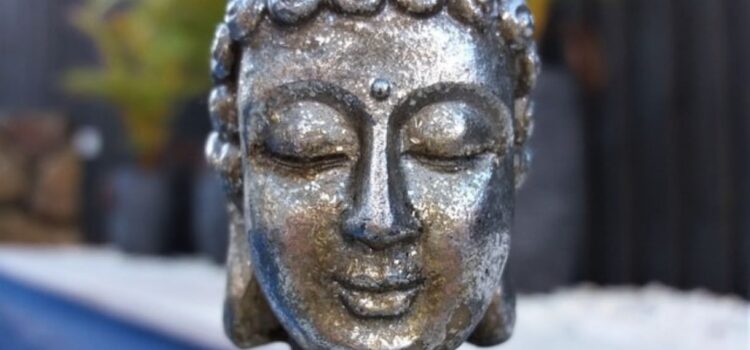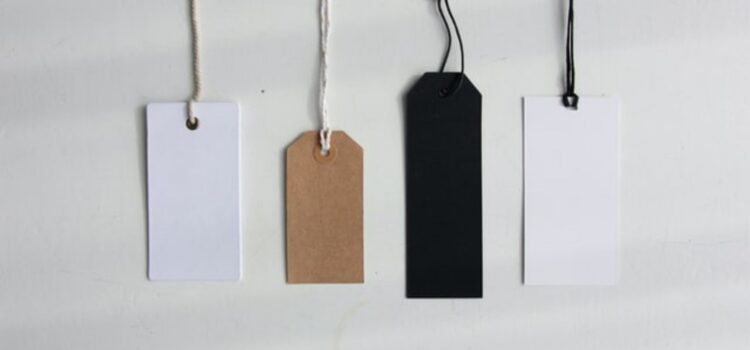Is your mind overwhelmed by negativity? Do you often find yourself slipping into the vicious cycle of negative thinking? People don’t choose to get stuck in cycles of negative thinking—they’ve simply developed unproductive strategies of processing negative thoughts. There are two types of strategies that can turn into a vicious cycle of negative thinking: fight strategies and flights strategies. Keep reading for examples of each strategy.
Why We Get Stuck in Cycles of Negative Thinking









